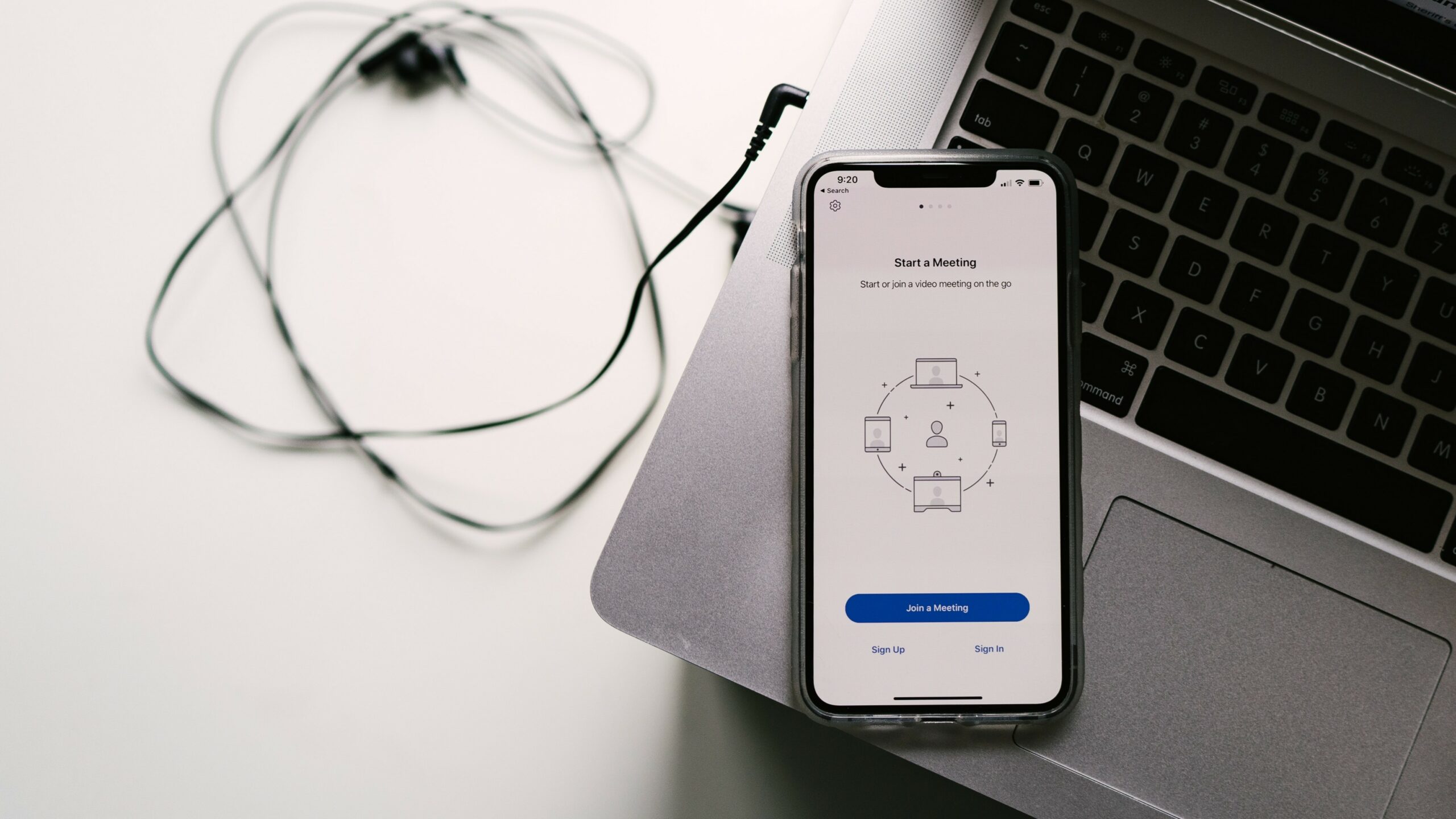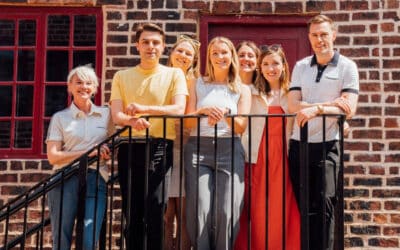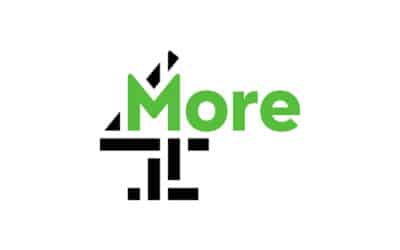Martin Currie, Managing Director at Citypress, which has offices across the UK, said: “Like most agencies, we had a business continuity plan which kicked into action immediately after the Prime Minister’s press conference on the 16th of March.
“We implemented compulsory working from home for all employees that evening, and the team has been operating remotely for almost two weeks now without any issues. You have to put the wellbeing of your team first. We invested heavily in IT and security a few years back which pays dividends at a time like this.
“A key issue in agency is how to marry your resource with rapidly-changing client demand. Daily resource mapping across the teams has helped us smooth out the peaks and troughs and prevent any one individual our team from coming under too much pressure, whilst ensuring we’re being responsive to clients’ needs.”
Currie believes that at a challenging time like this, “It’s hard to over-communicate with your employees”.
“From a business perspective, we’re seeing increased demand for consultancy support to bolster in-house teams, who are under significant and sustained pressure to communicate with every stakeholder – employees, customers, suppliers, politicians, regulators, funders, media.
“The agency sector in the UK is resilient and can adapt quickly to meet the changing needs of clients. Although these will be tough times for many, adversity always creates new opportunities.”
Adapting their offering
But changing their ways of working is not the only way that large companies in the North of England have been needing to adapt to thrive in the midst of the crisis. Many have rapidly worked on their output to create a new offering relevant to the new digital reality.
One of these is LADbible Group, whose COO, Arian Kalantari, says “we are and have always been audience-first. It quickly became apparent that our audiences were eager for more information on the coronavirus and also that they were struggling to make sense of the impending crisis.
“We recognised our responsibility as a publisher to millions of young people across the world and approached the World Health Organisation to help them communicate the facts to our audience. Our ‘Cutting Through’ campaign across our UNILAD and LADbible brands was born.
“Because we are audience-first, we specialise in creating relatable branded content which delivers outstanding engagement… it doesn’t always rely on a glossy, traditional approach to production, and instead enables our teams to offer innovative solutions for the brands we work with. We’re moving our events for advertisers online so that we can be there for our B2B audience at this time as much as our consumers.”
Keeping it light
Working from home might be normal for some, but with lockdown, isolation can have a serious effect on people’s mental health and hurt team morale in the long run. That’s why companies have jumped into action to offer imaginative fun and morale-boosting activities that can be done remotely, and turned their focus to effective communication.
Dean Benson says, “Our approach is very much people-first. Every Monday, Wednesday and Friday at midday, I send out a company-wide email to ensure our full team is up-to-date on developments both business and industry-wide.
“Our teams hold morning video meetings to ensure all employees know what is expected of them in the working day, and we keep as much of a ‘business as usual’ approach to work as possible.”
Glen Conybeare, MD of Leeds marketing agency Stickyeyes, said “We’ve seen laptops propped up on pianos, ironing boards and shoeboxes, set up our regular buddy drinks remotely, and already got support teams working for our Stick Together Mind, Parents and Women Groups.
“We’re continuing to deliver the high levels of service and results for clients that we’ve always prided ourselves on, and keeping up morale and office banter with everything from Through the Keyhole, our weekly pub quiz, and nearly 200 of us shouting hello to Jonathan, our new SEO Lead, at our weekly All Hands meeting on Friday.
“More than ever, I’m proud and grateful for the team and know that, by sticking together both at work and in the wider society we are going to successfully navigate this new normal.”
Martin Currie says, “we’ve introduced a number of new practices and initiatives to keep teams connected to the business and spirits up – daily video calls between all teams so everyone stays visible, a closed group Facebook to substitute the office banter, and a weekly Facebook Live from the leaders to help people understand how the agency is responding and to share examples of support we’re giving.
“[Our] excellent HR team is keeping people connected through daily check-ins, especially with those who’ve joined the agency recently, or who are feeling more unsettled than others. So they’re providing a critical internal support service as well as managing our policies and keeping everybody informed.
“It’s times like this when a company’s true culture shines through and can really help the team pull together.”











